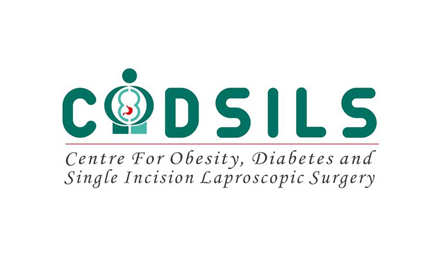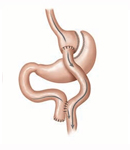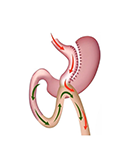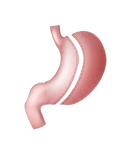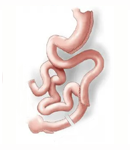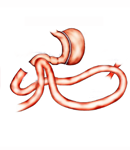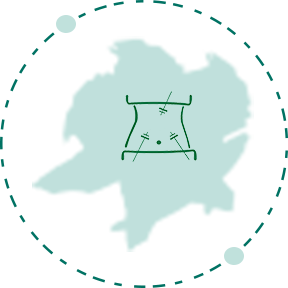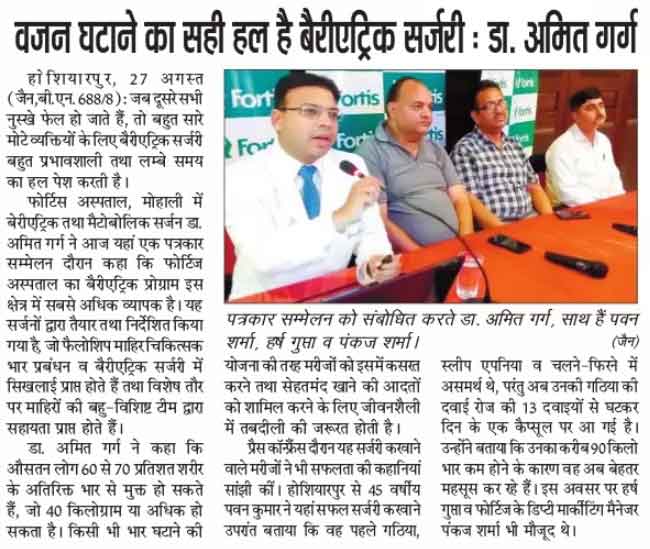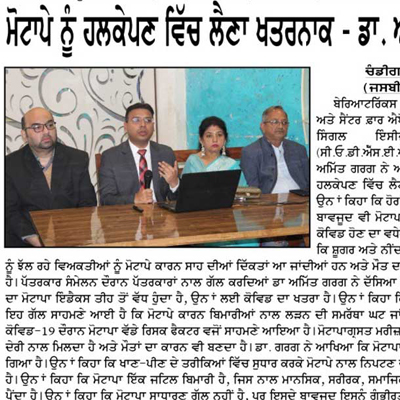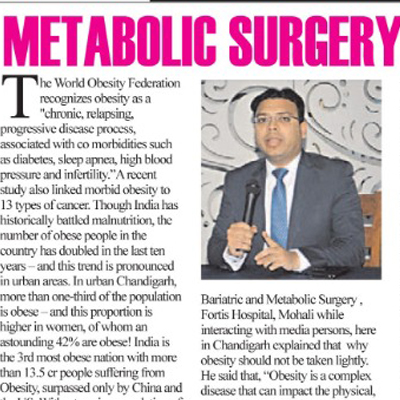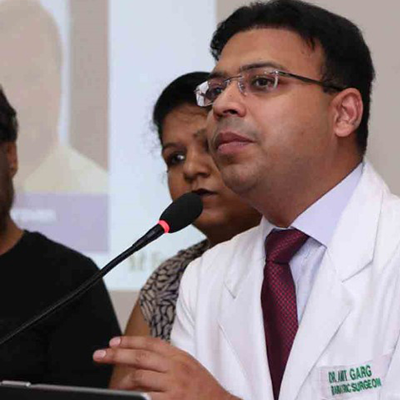Experiencing weight gain following gastric sleeve surgery can be demoralizing. Despite taking a substantial leap toward attaining a healthier weight, it’s disheartening to witness the numbers on the scale inching upward again. We’ll delve into the multifaceted reasons behind this phenomenon, encompassing dietary patterns, lifestyle adjustments, and psychological factors. Whether you’re contemplating gastric sleeve surgery or have already undergone the procedure, our aim is to provide you with insights that empower you to sustain a healthy weight and embrace a healthier lifestyle.
Exploring the Factors Behind Weight Gain Following Gastric Sleeve Surgery
Gastric sleeve surgery, medically termed sleeve gastrectomy, involves surgically removing a significant portion of the stomach to form a smaller, sleeve-shaped organ. This alteration restricts food intake, aiding in calorie reduction and subsequent weight loss. Nonetheless, certain individuals may encounter weight gain post-surgery for several reasons:
1. Dietary Choices and Eating Patterns: Although the surgery assists in managing portion sizes, individuals can still opt for calorie-rich, unhealthy foods. Consumption of high-calorie, sugary, or fatty foods can lead to weight gain despite the reduced stomach capacity.
2. Expansion of the Gastric Sleeve: Over time, the gastric sleeve crafted during surgery might stretch, permitting greater food intake and diminishing sensations of fullness. This stretching can contribute to weight gain over time.
3. Unaddressed Emotional Eating: For some, food serves as a source of emotional solace. Without addressing the underlying emotional triggers prompting overeating, individuals may continue to engage in excessive food consumption despite having a smaller stomach post-surgery
Dr Amit Garg
Minimal Access Bariatric
Metabolic & GI Surgeon
SLEEVE GASTRECTOMY

Make An Appointment
Call:6283337650
OR
Frequently Asked Questions
Examining the Influence of Dietary Habits on Weight Management Post-Gastric Sleeve Surgery
Comprehending the impact of dietary habits on weight control following gastric sleeve surgery is paramount. Post-operative dietary selections significantly influence the outcome of the procedure. Opting for high-calorie foods, engaging in frequent snacking, or reverting to unhealthy eating practices can precipitate weight regain post-gastric sleeve surgery. It’s common for patients to encounter alterations in taste preferences and appetite after surgery, which may further influence dietary behaviors.
Snacking poses a notable challenge, involving the consumption of frequent small portions, thereby undermining the efficacy of sleeve gastrectomy and potentially leading to weight gain. “Drinking your calories” also emerges as a contributor to weight regain after gastric sleeve surgery.
Read more...
Maintaining a balanced, nutrient-dense diet is pivotal in averting weight gain and promoting overall well-being. Adhering to a high-protein, low-carbohydrate diet is recommended to align with prescribed caloric targets, as exceeding these limits can lead to surplus calorie intake and subsequent weight gain. Regular consultation with a dietitian/ nutritionist aids in devising meal plans that fulfill nutritional requirements while regulating calorie consumption.
Additionally, prioritizing hydration and integrating consistent physical activity into daily routines are indispensable for optimal weight management post-gastric sleeve surgery.
Less
Preventing Gastric Sleeve Stretching: A Realistic Approach
Following gastric sleeve surgery, the creation of a smaller stomach aids in weight loss by restricting food intake. However, consistent overeating can gradually stretch the sleeve over time, compromising the surgery’s efficacy and permitting larger food portions, potentially leading to weight regain post-VSG (vertical sleeve gastrectomy). Even without overeating, dilation of the gastric sleeve may occur naturally over time, as the sleeve is a dynamic tissue subject to change.
Moreover, elevated stress levels can contribute to overeating or unhealthy dietary choices. Thus, incorporating stress management techniques such as meditation, yoga, or deep breathing exercises can be beneficial.
In summary, adherence to post-surgery dietary guidelines shared below are crucial strategies to prevent weight regain after gastric sleeve surgery by minimizing the risk of sleeve stretching.
- Practicing portion control
- Making healthier food selections
- Addressing emotional eating
The Connection Between Physical Activity and Weight Management
Clinical research has unequivocally demonstrated that individuals who participate in regular physical activity are less prone to experiencing weight regain following surgery.
Conversely, a lack of consistent physical activity can exacerbate weight gain subsequent to gastric sleeve surgery.
Exercise plays a pivotal role in sustaining weight loss and fostering overall well-being: it facilitates calorie expenditure, boosts metabolism, and preserves lean muscle mass, all of which are essential for thwarting weight regain post-surgery.
Patients who disregard physical activity post-surgery often encounter difficulties in maintaining their weight loss. This stems from the fact that without regular exercise, the body’s metabolic rate may decelerate, prompting an uptick in fat accumulation. Regular physical activity is instrumental in sustaining an active metabolism, thereby promoting a healthier weight and mitigating the risk of weight regain. It is recommended that patients engage in a minimum of 3 hours of moderate-intensity exercise per week, such as brisk walking, swimming, or cycling.
However, it’s crucial to recognize that exercise alone is not a panacea.
A balanced diet and adoption of healthy lifestyle practices are equally indispensable in thwarting weight regain after gastric sleeve surgery.
Psychological Influences on Weight Gain Post-Gastric Sleeve Surgery
Many patients tend to overlook the significant impact of psychological factors on their post-surgery weight management journey. Stress, emotional eating and inadequate support are all factors that contribute to weight regain post sleeve surgery. Emotional eating, a prevalent response to stress, anxiety, and depression, often serves as a coping mechanism. Recognizing these triggers is pivotal in developing healthier coping mechanisms.
Moreover, insufficient sleep disrupts hunger and fullness signals, predisposing individuals to overeating and subsequent weight gain. Prioritizing good sleep hygiene is therefore imperative.
Additionally, a robust support system is essential for sustaining weight loss. Regular interactions with mental health professionals, participation in support groups, and receiving encouragement from loved ones provide vital support and accountability.
Follow-Up Care for Weight Management Post-Gastric Sleeve Surgery
Effective weight management after gastric sleeve surgery requires a comprehensive approach, with follow-up care playing a crucial role. Regular appointments with healthcare providers help monitor progress, address complications, and offer dietary and lifestyle guidance. These check-ins facilitate discussions about challenges and adjustments to the weight management plan, enabling early detection and management of weight regain.
Consistent follow-up care also aids in managing nutritional deficiencies, a common post-surgery side effect, through diet adjustments and supplementation. It’s important to understand that gastric sleeve surgery is not a permanent solution; lifestyle changes are essential for sustained weight loss. Patients should collaborate closely with healthcare providers to develop a holistic weight management plan encompassing physical activity, a balanced diet, and healthy habits.
Read more...
Weight Regain Management After Gastric Sleeve Surgery
Weight regain post-gastric sleeve surgery can stem from various factors, including dietary and lifestyle changes, as well as physiological alterations. Effective management typically involves medical, nutritional, and endoscopic evaluations:
1. Nutrition Assessment: Patients are encouraged to assess their dietary habits, focusing on protein intake, portion control, and food quality. A diet rich in lean proteins, vegetables, whole grains, and healthy fats supports weight management.
2. Physical Activity: Regular exercise is emphasized for weight maintenance. Patients are urged to engage in enjoyable physical activities to enhance adherence.
3. Mindful Eating: Patients are advised to eat slowly, savor each bite, and heed hunger and fullness cues to prevent overeating.
4. Behavioral Strategies: Tools like food journals, realistic goal-setting, and identifying triggers for overeating are recommended to promote accountability and facilitate adjustments.
5. Regular Follow-Ups: Scheduled appointments allow for progress monitoring, guidance provision, and treatment plan modifications.
6. Support Groups: Patients are encouraged to join support groups or seek counseling for emotional support and practical advice from peers.
7. Medical Evaluation: Thorough medical assessments are conducted to rule out underlying issues like hormonal imbalances or medication effects contributing to weight regain.
8. Endoscopic Evaluation: Upper endoscopy assesses sleeve size, with interventions tailored accordingly. Revision procedures may be considered if sleeve dilation is detected, aiming to decrease stomach size and support weight loss.
Are you prepared to embark on a journey towards a healthier and happier you without resorting to drastic measures?
Book a consultation now with our expert team of professionals to guide you on your path to weight loss success.
Less
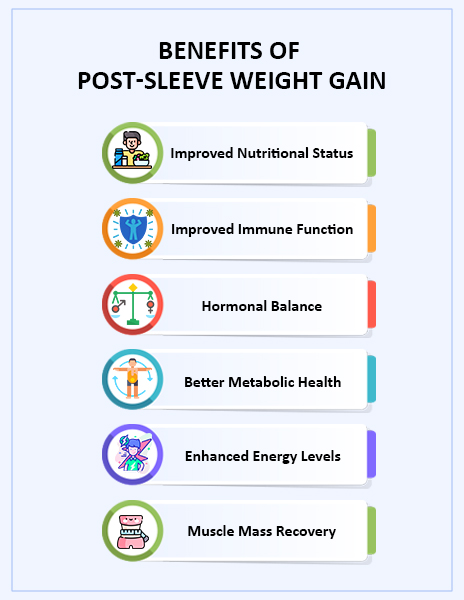
Laparoscopic Bariatric & Metabolic Procedures
Bariatric surgery is scientifically proven procedure that aims to help individuals with obesity achieve
significant and sustainable weight loss by altering the digestive system. There are several types of
bariatric procedures, each with its own approach and mechanism of action
Fill our health questionnaire and find out if you are eligible for bariatric surgery
Bariatric Surgery Results

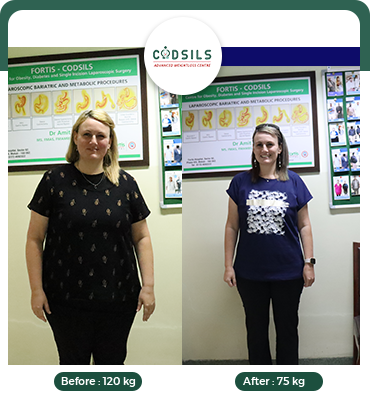
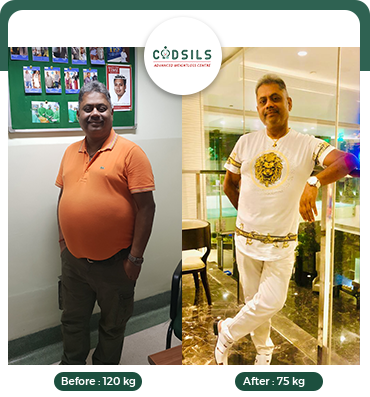
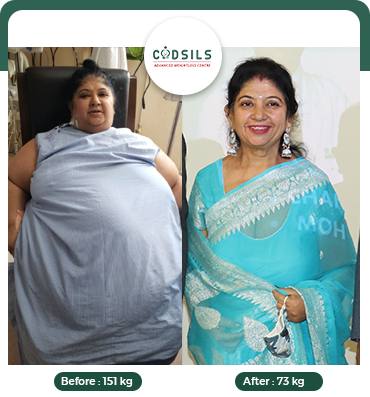
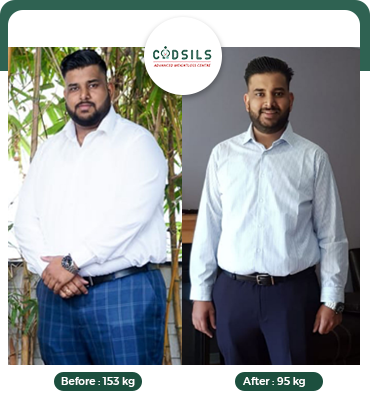

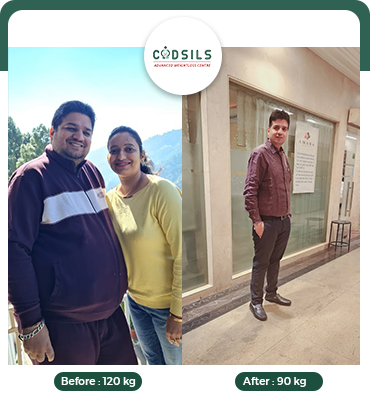

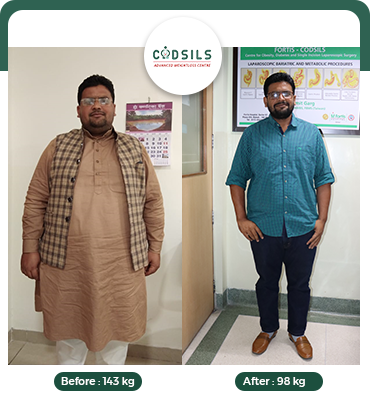

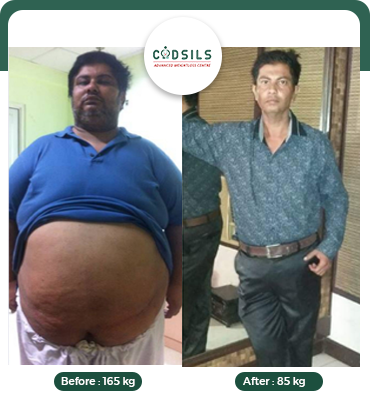

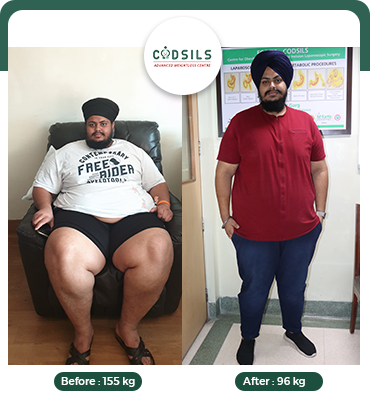
Bariatric Surgery
Metabolic Surgeries
Laparoscopic GI Surgeries

